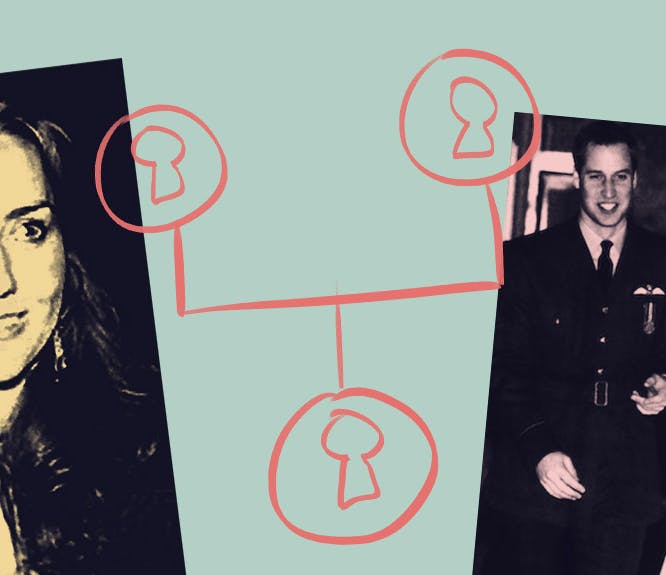The story of this Holocaust survivor reminds us why we should never forget this dark period of history
4-5 minute read
By Ellie Ayton | January 27, 2023
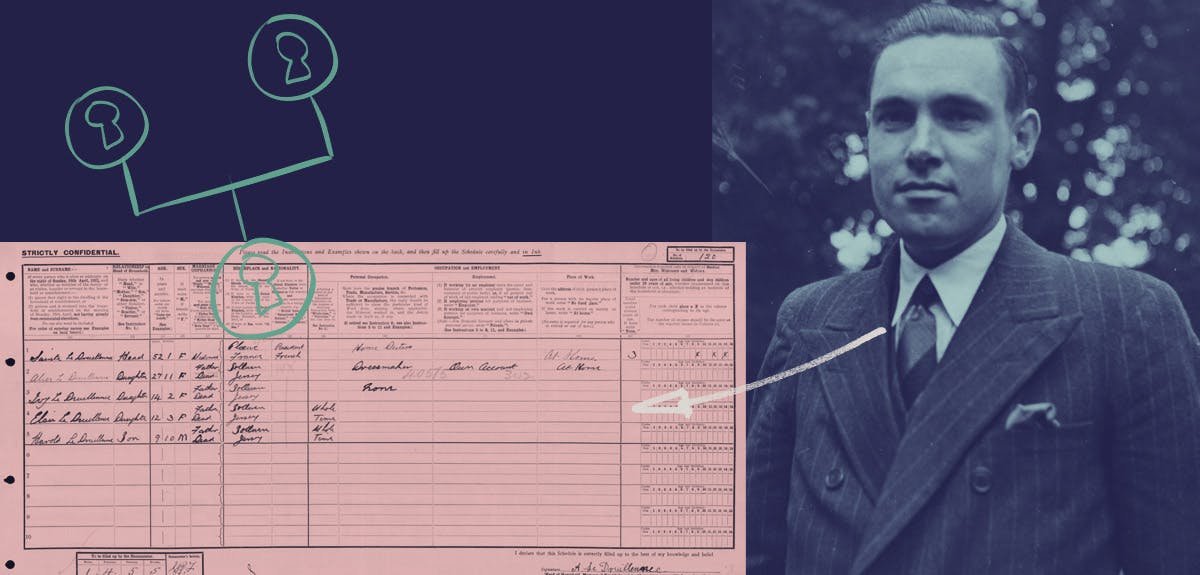
From schoolmaster to a BBC broadcast with the King. This is the story of Harold le Druillenec, the only British survivor of Bergen-Belsen concentration camp.
The true horrors of the Holocaust weren’t fully realised until after the Second World War. Several trials took place, where extensive evidence was given, to bring those who had been involved in such brutal crimes to justice.
One of those who stepped forward was Harold le Druillenec, a political prisoner and the only British survivor of Bergen-Belsen. After finding his image by chance in the Findmypast Photo Collection, we knew we wanted to tell his story: to remember him, and the millions who suffered these atrocities.
What was the Holocaust?
During the Second World War, Nazi Germany murdered around six million Jews. Following their segregation of Jews in ghettos after Kristallnacht in 1938, the Nazis implemented their Final Solution: the extermination of Jewish people.
This mass genocide, which included the use of forced labour in concentration camps and gas chambers, also included the imprisonment and murder of the Roma, the disabled, homosexuals and political opponents. The killing continued until the end of the war in Europe in May 1945.
When is Holocaust Memorial Day?
In the UK, Holocaust Memorial Day falls on 27 January, the anniversary of the liberation of Auschwitz Concentration Camp in 1945. The day is dedicated to the remembrance of those who suffered during the Holocaust.
The day usually involves stories and interviews from Holocaust survivors and their families. Events of remembrance and educational content is led by the Holocaust Memorial Day Trust.
Using our family history records, we’ve been able to shed some light on the story of just one survivor.
Who was Harold le Druillenec?
Harold Oswald le Druillenec was born in 1911 in Jersey in the Channel Islands. He was baptised at St Ouen on 3 September 1911, and his parents were recorded as Vincent and Sainte Francoise.
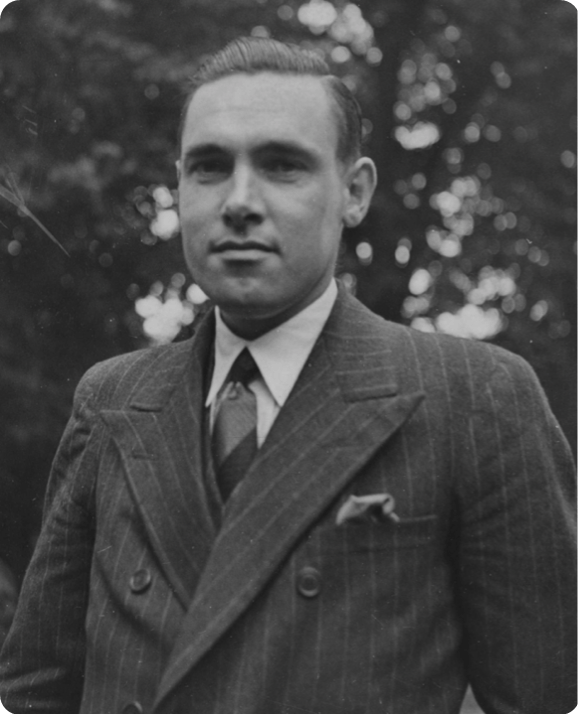
Harold le Druillenec, found in the Findmypast Photo Collection.
He, his widowed, French-born mother and three of his sisters were recorded in the 1921 Census of England and Wales.
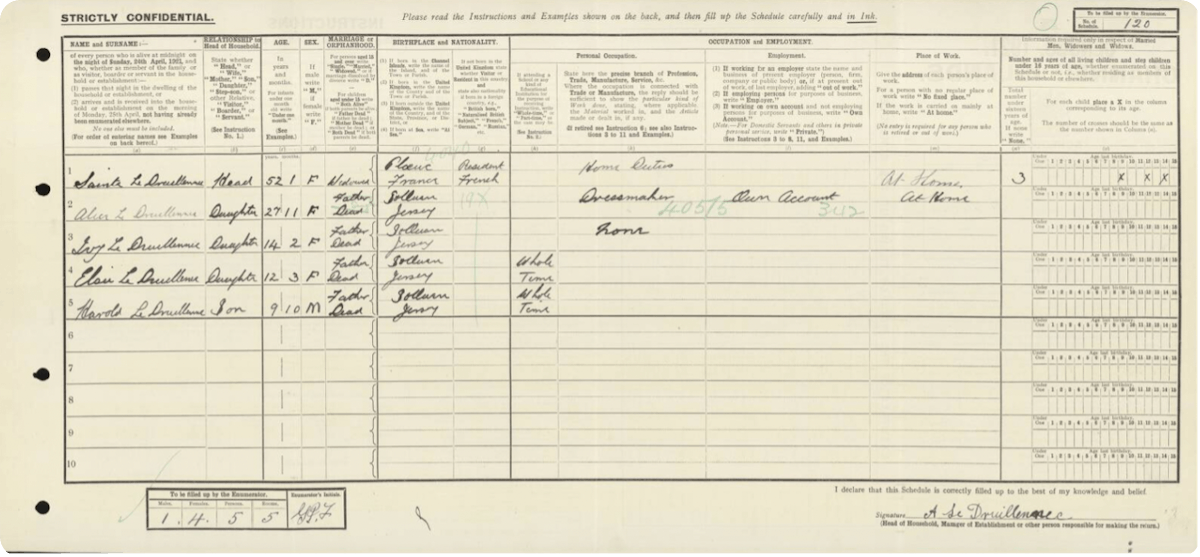
Harold, his mother and sisters on the 1921 Census.
His elder sister Louisa Gould was living with her husband and son nearby.
The French-born Vincent le Druillenec was almost 20 years his wife’s senior. They had at least eight children together. He died at some point between 1911 and 1921.
On 7 August 1937, Harold married Phyllis May le Rossignol in St Helier.
In June 1940, the Nazis invaded Guernsey and Jersey, and thus began the five-year Nazi occupation of the Channel Islands. The everyday life of residents changed dramatically: businesses closed, jobs were lost, radios were confiscated, and food and medicine became increasingly scarce.
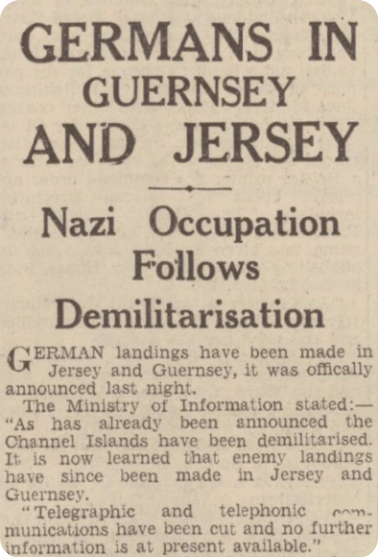
Western Daily Press, 2 July 1940.
The people were forced abide by a curfew, to teach German in schools, and carry identity cards. Harold’s identity card can be found in our Jersey German Occupation Identity Cards collection, with the original available to view via Jersey Heritage. And yet, Harold continued his work as a schoolteacher.
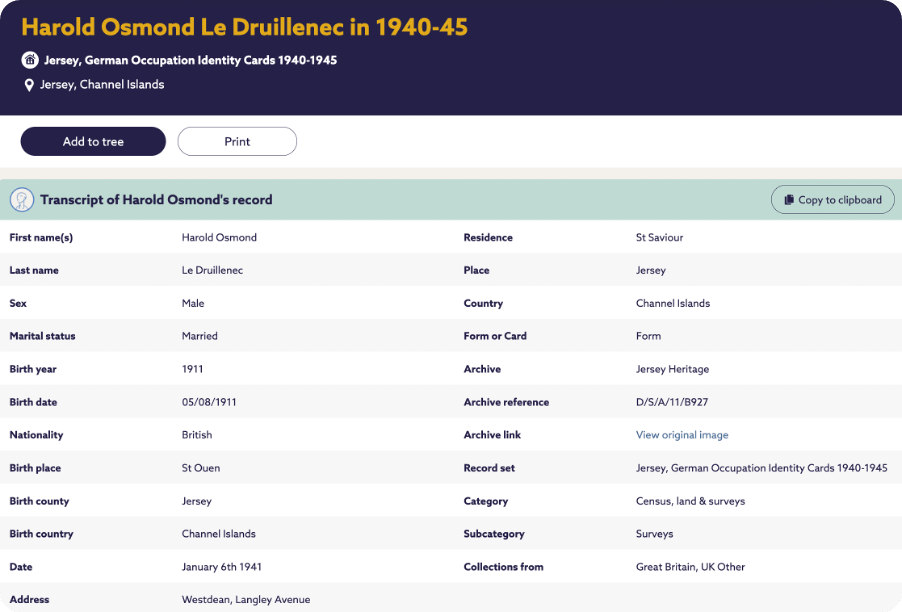
Identity card record of Harold le Druillenec.
Harold’s sister Louisa was a member of the British resistance at this time. For 18 months she secretly housed an escaped Russian slave worker, which was illegal under Nazi rule.
Both Louisa and Harold, along with their sister Ivy, were arrested in June 1944 for sheltering the Russian worker and holding onto a radio. Harold was sentenced to five months imprisonment for his crimes and was sent from prison to prison in France, before being sent to Neuengamme concentration camp, and then Alter Banter Weg.
On 5 April 1945, Harold was transported to Bergen-Belsen concentration camp, the same camp where Anne Frank had died only months earlier. According to his later testimony, on entering the camp he was told by the German commandant;
"'I was entering a new world. There would be no contact with the world outside. I was to forget about my wife and child, for I would never see them again. For many of my comrades, and for untold thousands who had passed through those gates before, those words were true.'"
11 days after arriving at Bergen-Belsen, the camp was liberated.
Upon his release, according to this newspaper article, Harold weighed just 6st 10lb. Later in 1945, despite still recovering, Harold travelled to Luneberg to give evidence against those who had run the camp. His chilling testimony can be followed through newspaper reports of the time, such as the one below from the Daily Herald. He was the first civilian witness to speak.
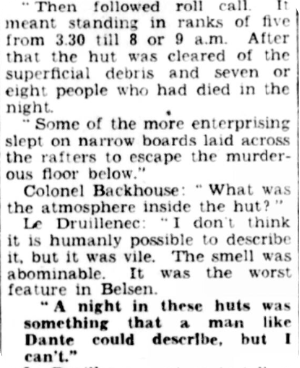
Part of Harold’s testimony at the Bersen trial in Lüneberg from September 1945, recorded in the Daily Herald, 21 September 1945.
Through such trials, the true horrors of the concentration camps were brought to the world’s attention. And although Harold survived, his sister Louisa Gould did not. She was murdered in the gas chambers at Ravensbrück in February 1945.
Harold was later asked by the BBC to give an interview, which was broadcast just before the King’s Speech on Christmas Day in 1945.
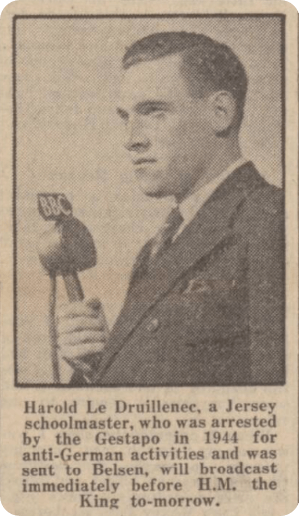
Birmingham Mail, 24 December 1945.
After the war, he returned to teaching, and died in 1985 aged 73.
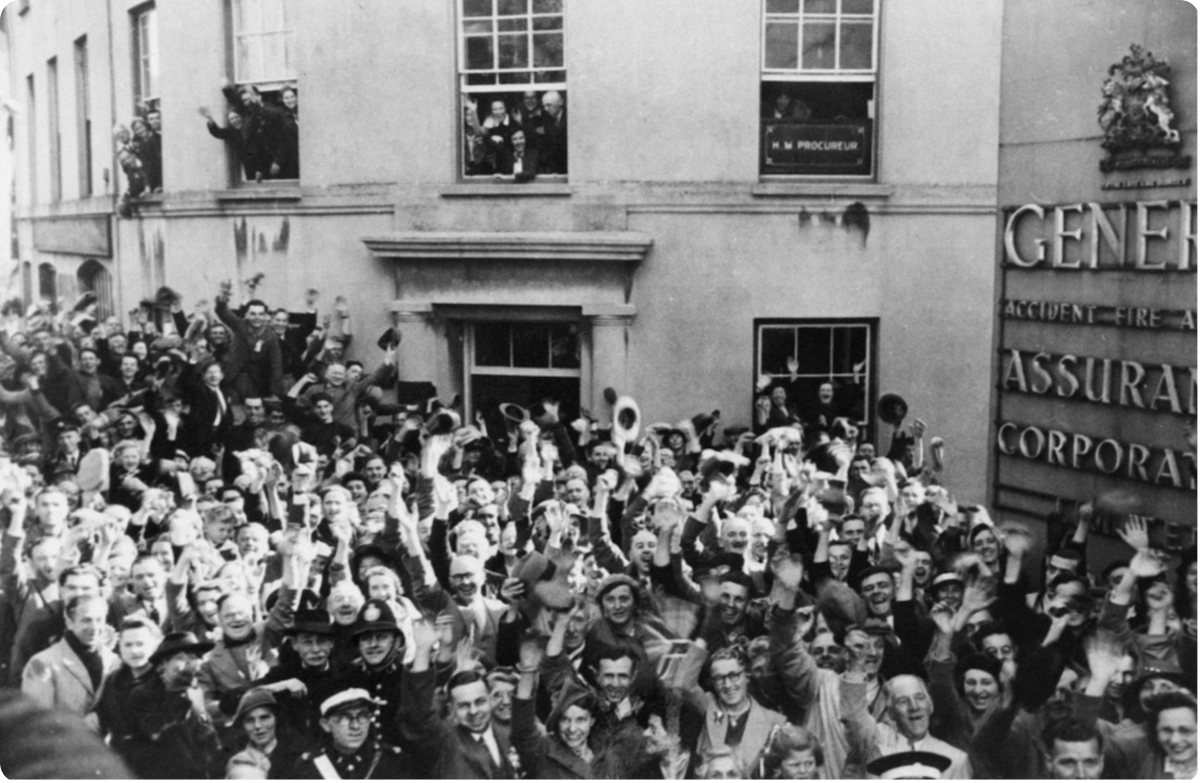
The Channel Islands celebrate liberation in May 1945, pictured in the Findmypast Photo Collection.
It's important we remember his testimony so the horrors experienced by six million Jews, plus countless more, are never again repeated.
Discover more incredible stories over on our History Hub.
Related articles recommended for you
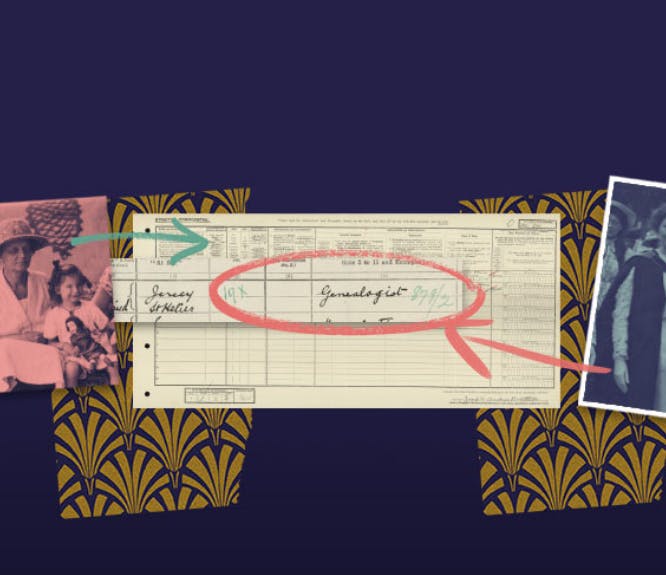
Genealogists in the 1921 Census of England and Wales: discover a profession that stands the test of time
History Hub
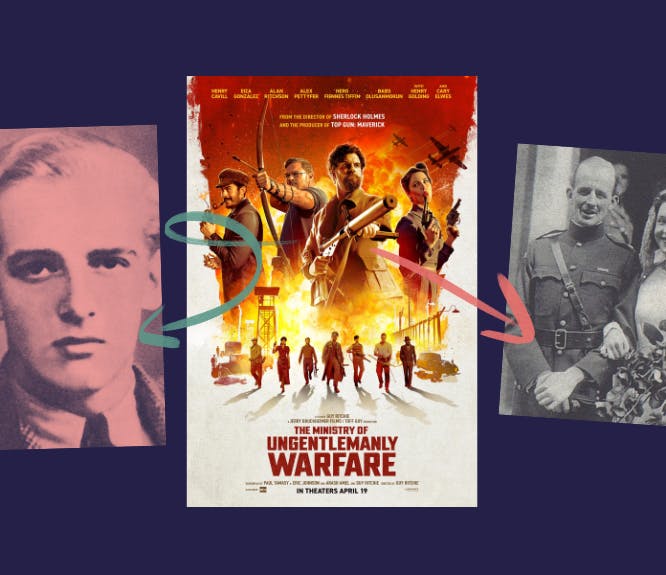
The incredible true story behind The Ministry of Ungentlemanly Warfare
History Hub

Taylor Swift’s family tree shines with love, heartbreak and the triumph of the human spirit
Discoveries
